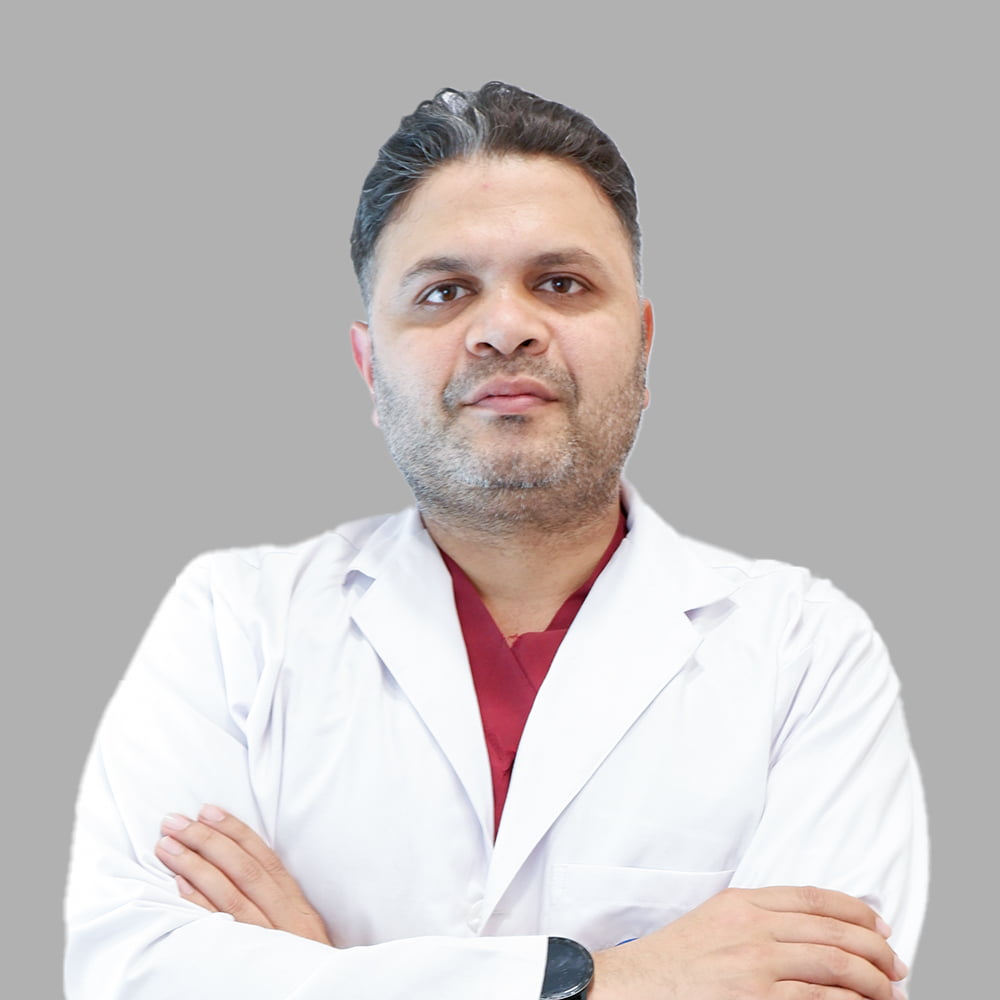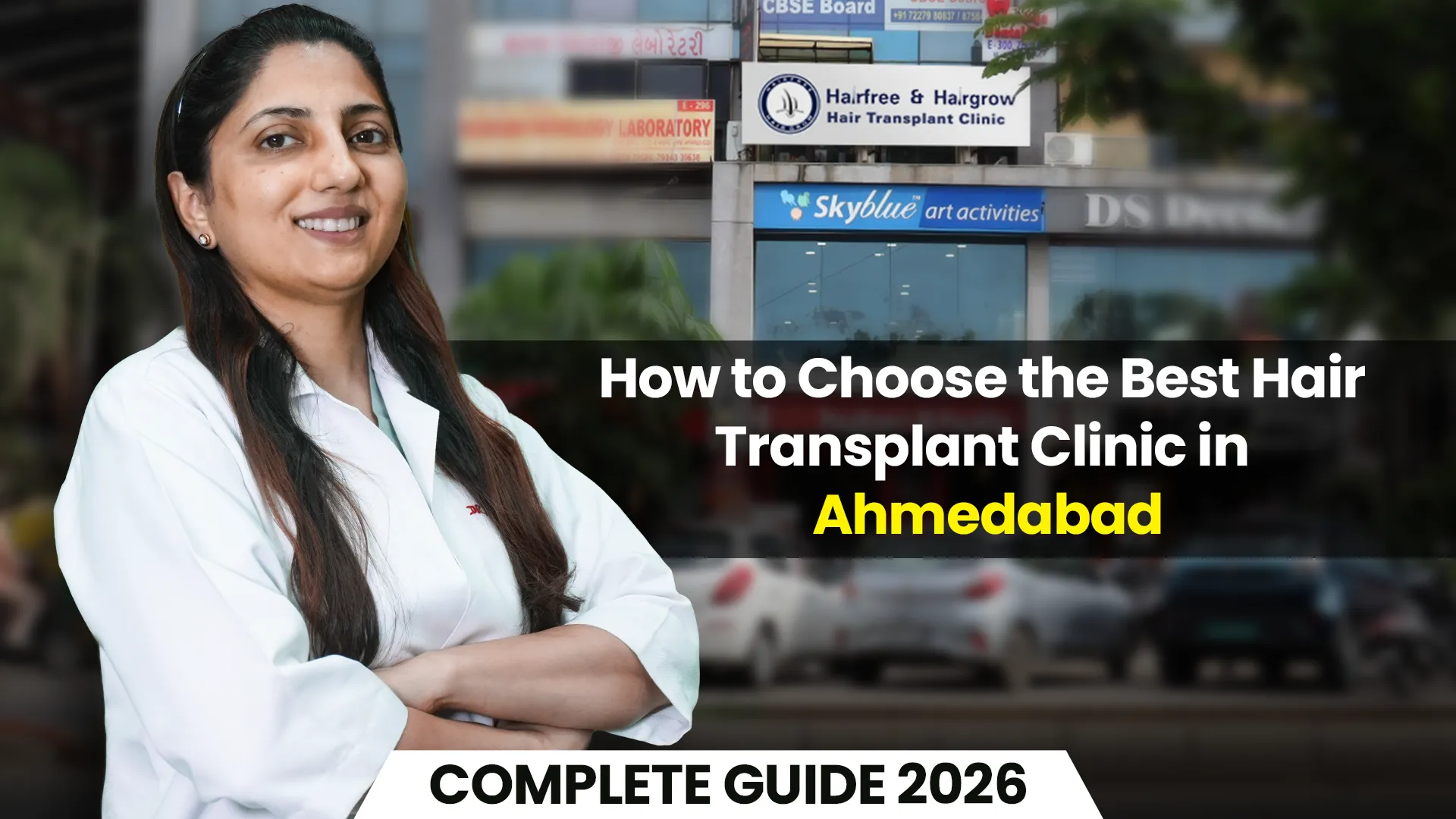Hair transplants can be a life-changing procedure for those dealing with hair loss. However, the real work starts after a transplant. Patients often have a lot of questions about post-transplant care, including what medications to take and for how long. Proper care during the first few months can make a significant difference in the results. Here, we’ll walk you through essential tips to ensure fast and healthy hair growth after your hair transplant.
7 Tips for Fast Hair Growth After a Hair Transplant
1. Understanding the Growth Phase After a Hair Transplant
The first six months post-transplant are crucial. During this period, around 60-70% of your final results become visible. This is known as the growth phase, where the newly transplanted hair starts sprouting. To make the most of this phase, it’s essential to focus on providing the transplanted roots with the right nutrition and maintaining good blood circulation to the scalp. This will lead to fresh, healthy hair growth that lasts.
2. Essential Nutritional Support
Nutrition plays a vital role in promoting hair growth after a transplant. Your doctor will likely recommend multivitamin tablets and supplements. These contain nutrients that support hair growth, such as biotin, zinc, and iron.
Additionally, if you have thinning hair or excessive hair fall, your doctor might suggest Platelet-Rich Plasma (PRP) sessions. PRP involves injecting your plasma into the scalp, which nourishes the hair follicles, strengthens existing hair, and stimulates the growth of new hair. This treatment is especially beneficial for those with weak or thin hair.
3. Importance of Topical Applications
In addition to oral supplements, using topical treatments like Minoxidil can significantly boost results. Minoxidil works by improving blood circulation in the transplanted area, ensuring that the roots receive sufficient nutrients. This, in turn, promotes faster and healthier growth.
It’s important to use the topical treatments as directed by your doctor. If you experience any side effects or irritation, consult your doctor immediately so they can adjust the dosage or switch to a different product.
4. Addressing Side Effects and Adjusting Treatments
Every individual’s skin and hair react differently to medications and treatments. If you notice any discomfort, redness, or other side effects, don’t hesitate to consult your doctor. They may suggest altering your medication or switching to a more suitable topical application. Keeping communication open with your doctor ensures that you receive the best care tailored to your needs.
5. Role of PRP in Early Growth Stages
PRP sessions are especially effective in the first six to seven months post-transplant. During this time, PRP can help accelerate the growth process and deliver better results. This treatment is often recommended if your donor area (the area from which hair is taken) is weak or if your hair growth is slow. Regular PRP sessions during this period can make a noticeable difference in your final results.
6. Dietary Recommendations for Faster Hair Growth
A healthy diet is just as important as medical treatments in promoting hair growth. Incorporating protein-rich foods like eggs, nuts, and lean meats into your diet can significantly support your hair growth. Also, include fruits and vegetables rich in vitamins and antioxidants, as these help maintain overall scalp health. A balanced diet ensures that your body has all the necessary nutrients for hair regeneration.
7. Follow-Up and Monitoring
Regular follow-up visits with your doctor are essential. Your doctor may ask you to share monthly photos of your scalp to monitor your progress. These follow-ups help identify any issues early and make necessary adjustments to your treatment plan. Consistent monitoring is key to achieving the best possible results.
Conclusion
Fast and healthy hair growth after a transplant requires a combination of good nutrition, regular PRP sessions, and consistent care. Following your doctor’s instructions and staying committed to your treatment plan will help you achieve the desired results. If you have any concerns or questions about your medications or care, always reach out to your doctor for personalized advice.
Your journey to fuller, healthier hair doesn’t end with the transplant; it’s just the beginning. With the right care, you can enjoy long-lasting, satisfying results.
If you’re dealing with hair loss and looking for effective treatments, consider visiting HairFree and HairGrow Clinic today. Schedule a consultation and take the first step towards restoring both your hair and confidence with our top-tier hair transplant services.
Written By
MD (Skin & VD)
Dr. Santpal Sangwan is a renowned hair restoration expert specializing in hair growth after hair transplant. With years of experience, he offers personalized treatments and expert care to ensure effective, natural results, helping patients achieve healthier, fuller hair.
Disclaimer
We’ve made all possible efforts to ensure that the information provided here is accurate, up-to-date and complete, however, it should not be treated as a substitute for professional medical advice, diagnosis or treatment. See Detailed Disclaimers Here.



